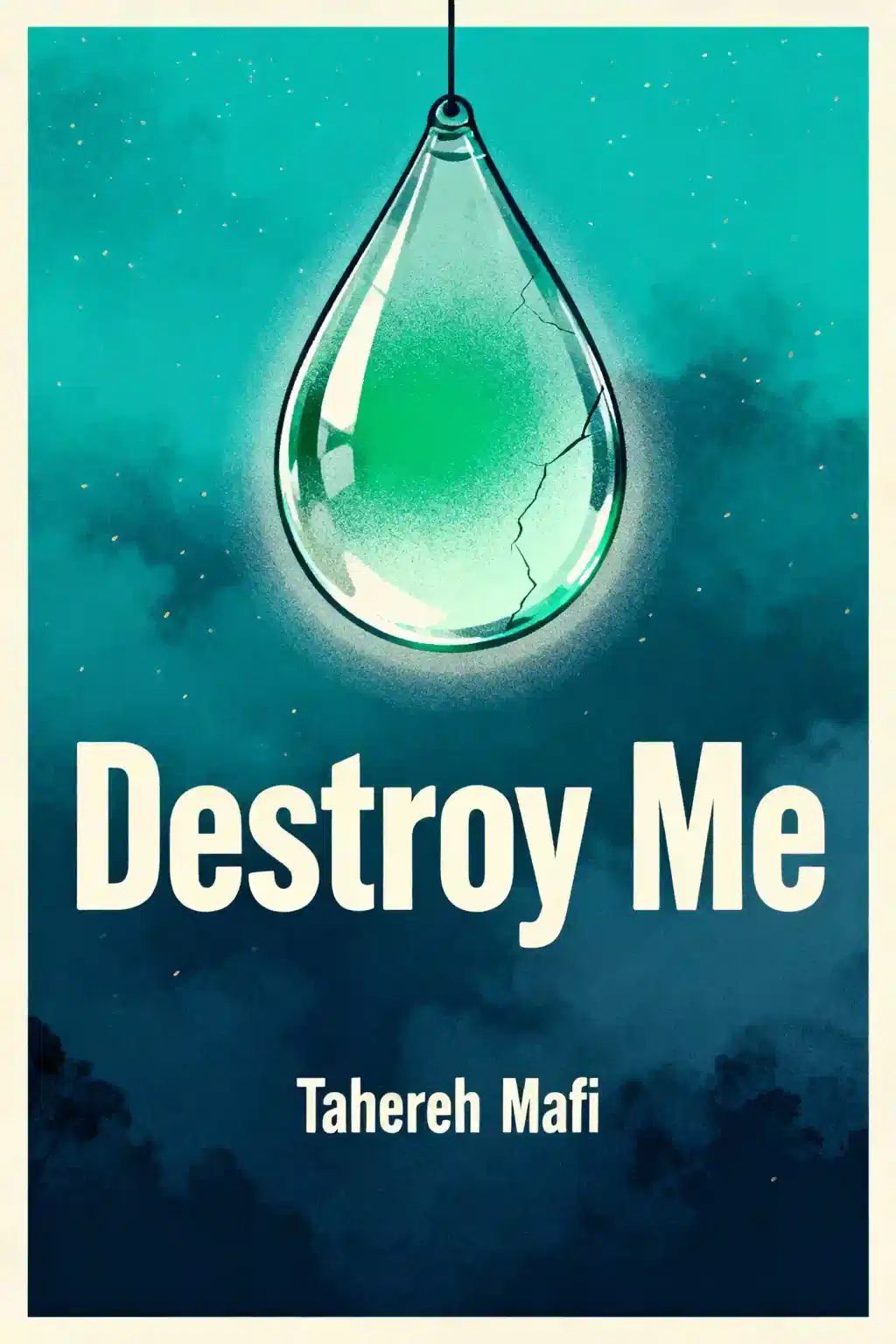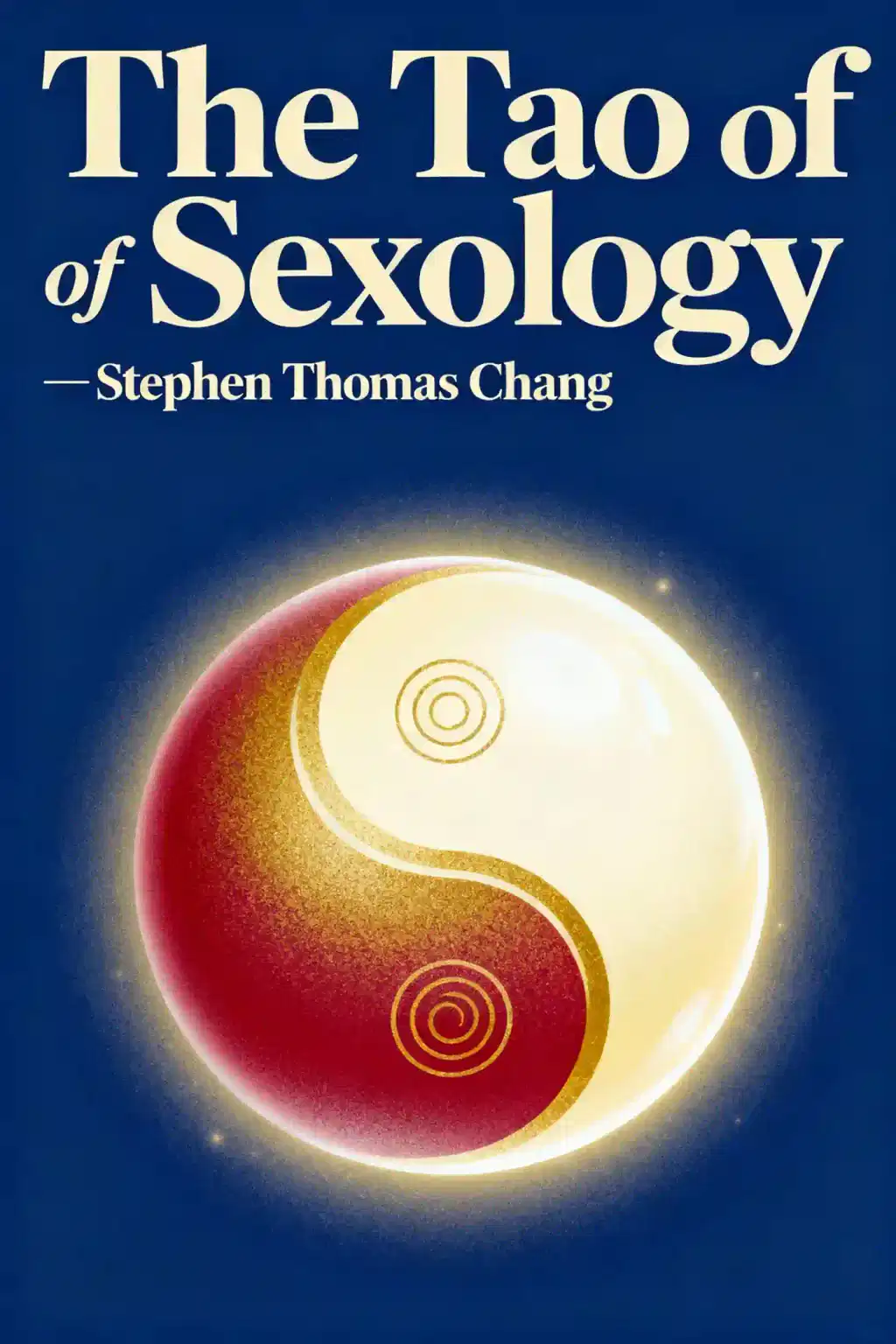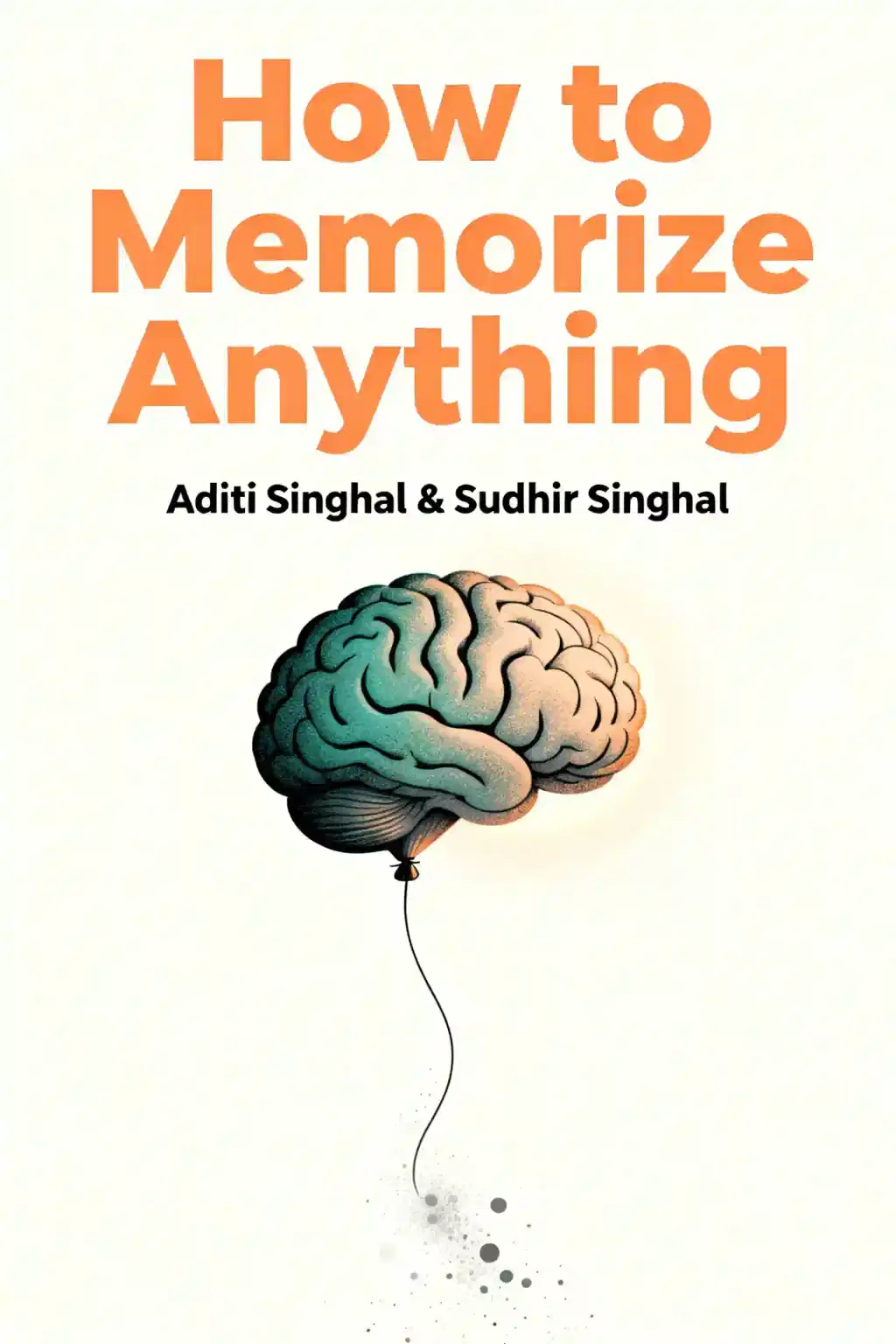What is
Shatter Me by Tahereh Mafi about?
Shatter Me follows Juliette Ferrars, a 17-year-old with a lethal touch, imprisoned by the authoritarian Reestablishment regime. Set in a dystopian future, the story explores her struggle to reclaim agency while navigating complex relationships with Adam (a soldier with hidden ties to her past) and Warner (the antagonist who seeks to weaponize her power). Themes of isolation, self-discovery, and resistance drive the narrative.
Who should read
Shatter Me by Tahereh Mafi?
Fans of YA dystopian series like The Hunger Games or Divergent will enjoy this blend of supernatural abilities and rebellious defiance. Readers who appreciate lyrical, emotion-driven prose with striking metaphors (e.g., crossed-out text reflecting mental turmoil) will find it compelling. It’s ideal for those exploring themes of trauma, empowerment, and morally gray characters.
Is
Shatter Me by Tahereh Mafi worth reading?
Yes, for its unique narrative style and Juliette’s transformative arc from fragility to resilience. While some critique the slow world-building and love triangle dynamics, the poetic writing and exploration of self-worth resonate deeply. The series improves in later installments, making this first book a foundational entry.
What makes
Shatter Me’s writing style unique?
Mafi uses strikethrough text to visualize Juliette’s unstable mental state, blending raw emotion with vivid imagery. The prose often resembles fragmented poetry, reflecting the protagonist’s perception of her fractured world. This stylistic choice polarizes readers but amplifies the story’s intensity.
What are the main themes in
Shatter Me?
- Isolation vs. connection: Juliette’s physical inability to touch others mirrors her emotional barriers.
- Power and corruption: The Reestablishment’s tyranny contrasts with Juliette’s evolving self-empowerment.
- Identity and self-acceptance: Juliette’s journey from seeing herself as a monster to a leader.
What does Juliette’s lethal touch symbolize?
Her touch represents societal fears of difference and the internalized shame of being “other.” It evolves into a metaphor for reclaiming agency—her curse becomes a weapon against oppression.
Why is Warner a significant character in
Shatter Me?
Warner, the manipulative antagonist, challenges Juliette’s worldview with his morally ambiguous motives. His obsession with her power and vulnerability adds complexity, foreshadowing later character development. Fans often debate his “villain-to-lover” potential.
How does the love triangle impact the story?
Juliette’s relationships with Adam (childhood connection) and Warner (power-driven intrigue) drive tension. While some criticize its pacing, it highlights her struggle to trust and redefine love amid chaos.
What is Omega Point in
Shatter Me?
A rebel hideout introduced in the finale, Omega Point shelters individuals with supernatural abilities. Led by Castle, it sets the stage for the series’ next phase—training Juliette to harness her power against the Reestablishment.
Are there companion books to
Shatter Me?
Yes, Tahereh Mafi wrote novellas like Destroy Me (Warner’s perspective) and Fracture Me (Adam’s viewpoint). These expand side characters’ motivations and bridge gaps between main series entries.
What are common criticisms of
Shatter Me?
Some readers find the plot slow in Book 1, with underdeveloped world-building and insta-love dynamics. However, many acknowledge the series improves significantly in subsequent installments.
How does
Shatter Me compare to other YA dystopian series?
Unlike The Hunger Games’ action-driven plot, Shatter Me prioritizes internal conflict and poetic introspection. Its focus on psychological trauma and nonlinear storytelling offers a fresh take on the genre.
What iconic quotes define
Shatter Me?
- “I have a curse. I have a gift. I’m a monster. I’m more.” – Juliette’s self-realization.
- “All I ever wanted was to reach out and touch another human being not just with my hands but with my heart.” – Themes of isolation and longing.
Why is
Shatter Me relevant in 2025?
Its exploration of authoritarianism, bodily autonomy, and mental health resonates amid ongoing societal debates. Juliette’s journey from victim to leader mirrors modern movements advocating self-empowerment and resistance.














